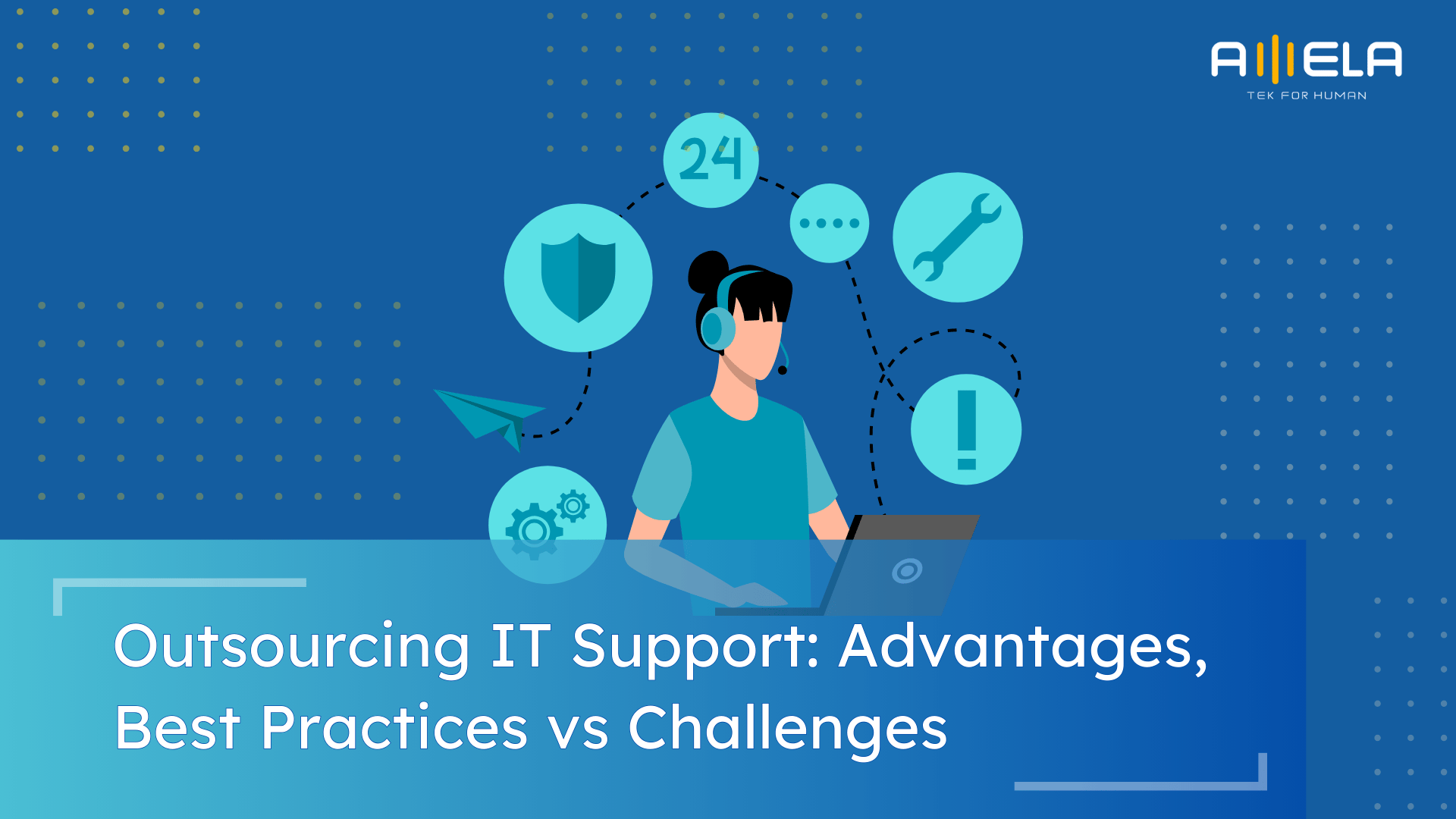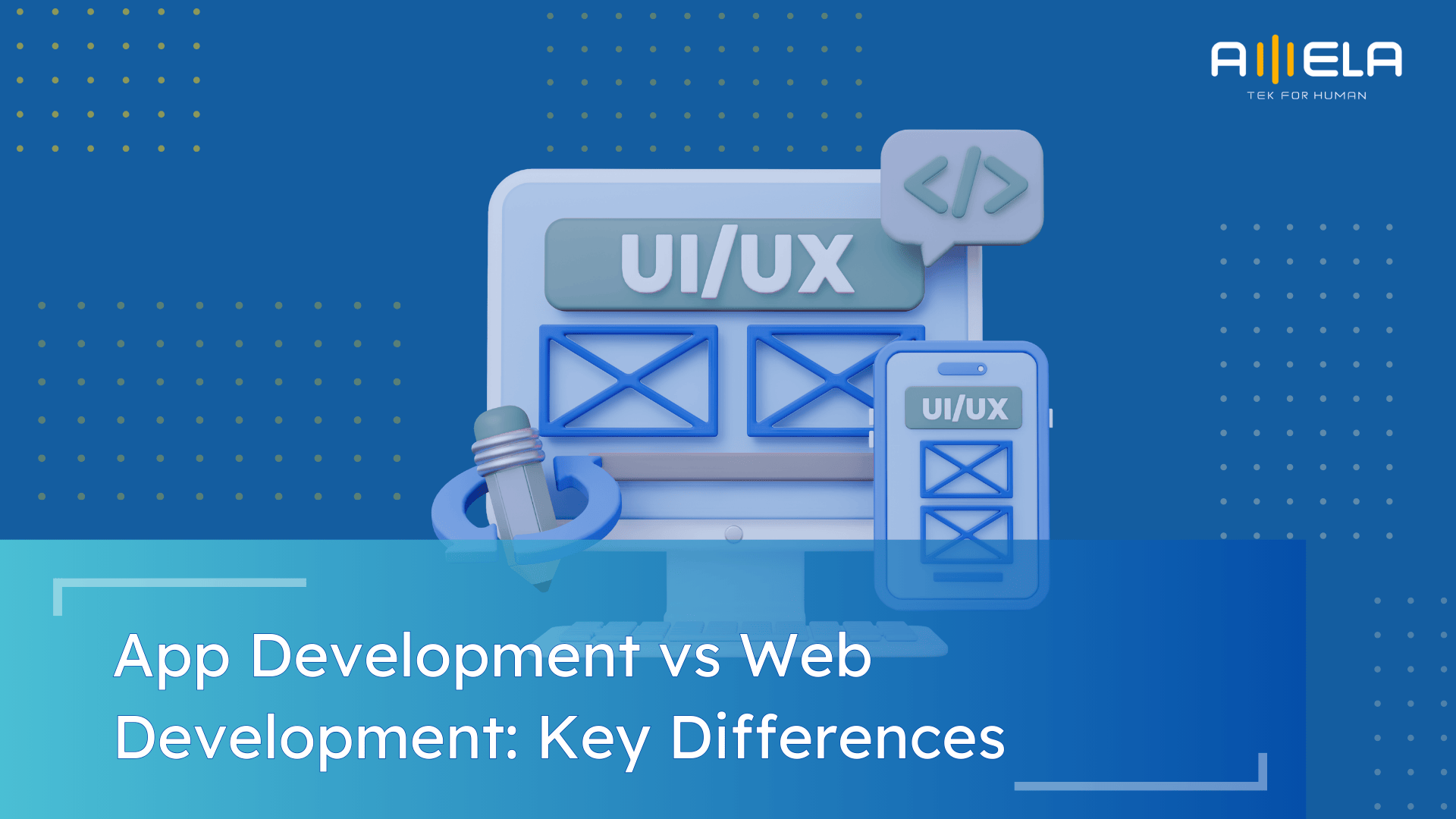Node.js has evolved from a niche JavaScript runtime into one of the most widely adopted back-end technologies worldwide. W3Techs data shows that Node.js powers nearly 5.2% of all websites on the internet — including industry giants like Netflix, PayPal, and Uber — due to its speed, scalability, and versatility. Unlike traditional back-end frameworks, Node.js executes […]
If you’re planning to build or scale a SaaS product, chances are you’ve considered outsourcing. Outsourcing SaaS development has become one of the smartest ways for startups, SMEs, and even enterprises to speed up delivery, reduce costs, and access specialized expertise without growing a full in-house team. In this guide, we’ll break down everything you […]
Whether you’re building enterprise-grade software, modernizing legacy systems, or scaling a SaaS product, knowing how to hire .NET developers effectively is key to long-term success. From defining the right skill set to interviewing, onboarding, and managing offshore or augmented teams — this guide walks you through what actually works in real projects, based on years […]
Instead of relying on cookie-cutter apps built for “everyone,” custom software is designed around your specific workflows, customers, and goals. From ERPs and CRMs to industry-specific platforms, bespoke software is what powers companies like Amazon, Netflix, and even hospitals and banks behind the scenes. At AMELA, we’ve seen first-hand how the right custom solution can […]
Users don’t care how your app is built — they just expect it to work flawlessly everywhere. For developers and product teams, that’s where cross-platform app development changes the game. At AMELA, we’ve seen firsthand how cross-platform development helps teams ship faster, reach wider audiences, and keep user experience consistent across devices. In this guide […]
Over the last few years, Singapore has quietly become one of Asia’s most advanced AI hubs. Backed by strong government initiatives like AI Singapore (AISG) and the National AI Strategy 2.0, the country has turned its commitment to innovation into a real ecosystem — where startups, research institutions, and global players work side by side. […]
In the ever-evolving landscape of AI, one standout assistant has emerged to streamline your work and enhance productivity – Poe AI. Over the past year, the surge in the popularity of AI chatbots has been undeniable, but Poe AI distinguishes itself as a comprehensive solution that goes beyond expectations. In this blog, we will delve […]
Choosing between app development vs web development is one of the biggest decisions a developer can make early in their career — and it’s not always obvious which path leads to better opportunities, higher pay, or long-term growth. Both fields are evolving fast, both offer strong job markets, and both require different mindsets and technical […]
The right web framework can make your project run smoother and scale faster. Over the past few years at AMELA, we’ve helped startups and enterprises alike build everything from fast-loading eCommerce apps to complex enterprise dashboards — and one thing has stayed consistent: the framework matters. In this guide, our engineering team breaks down the […]
Tired of drowning in spreadsheets? Power BI dashboards turn raw data into visual stories that guide smarter decisions. With interactive charts, real-time updates, and customizable metrics, Power BI helps leaders move from data overload to data confidence. This guide explores 10 outstanding Power BI dashboard examples—each designed for a specific business function. You’ll see what […]













